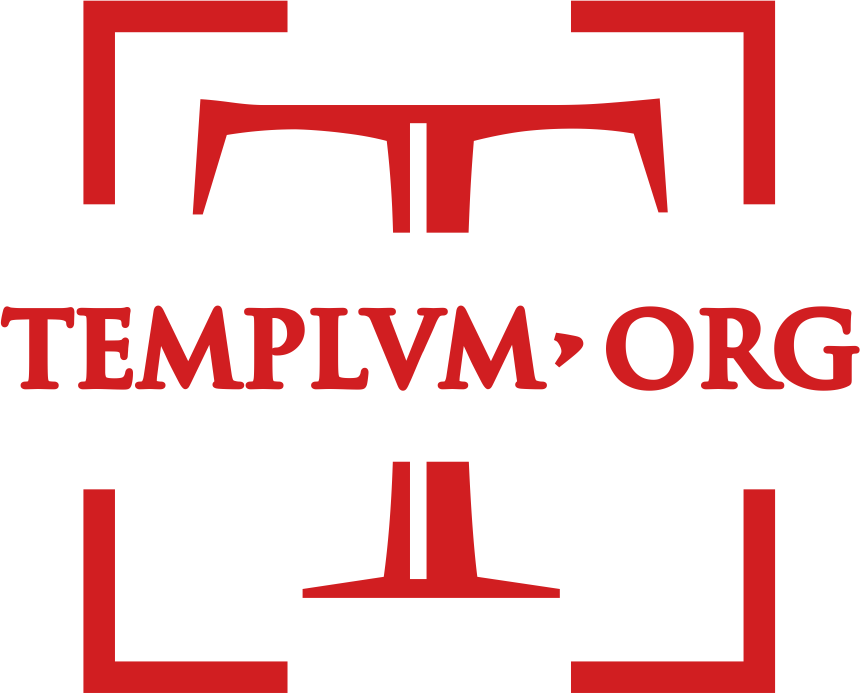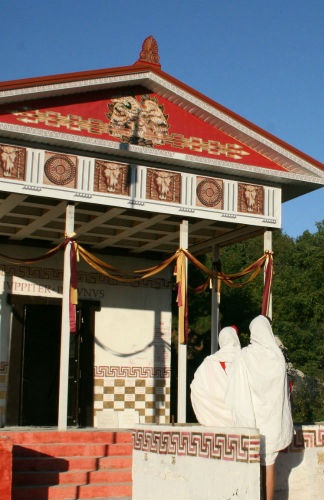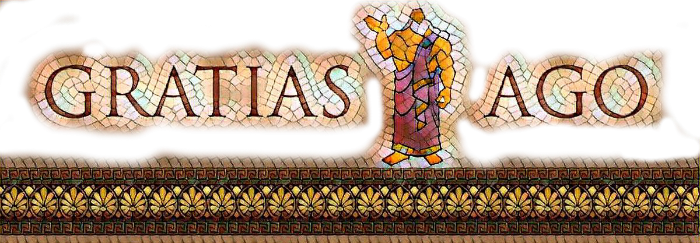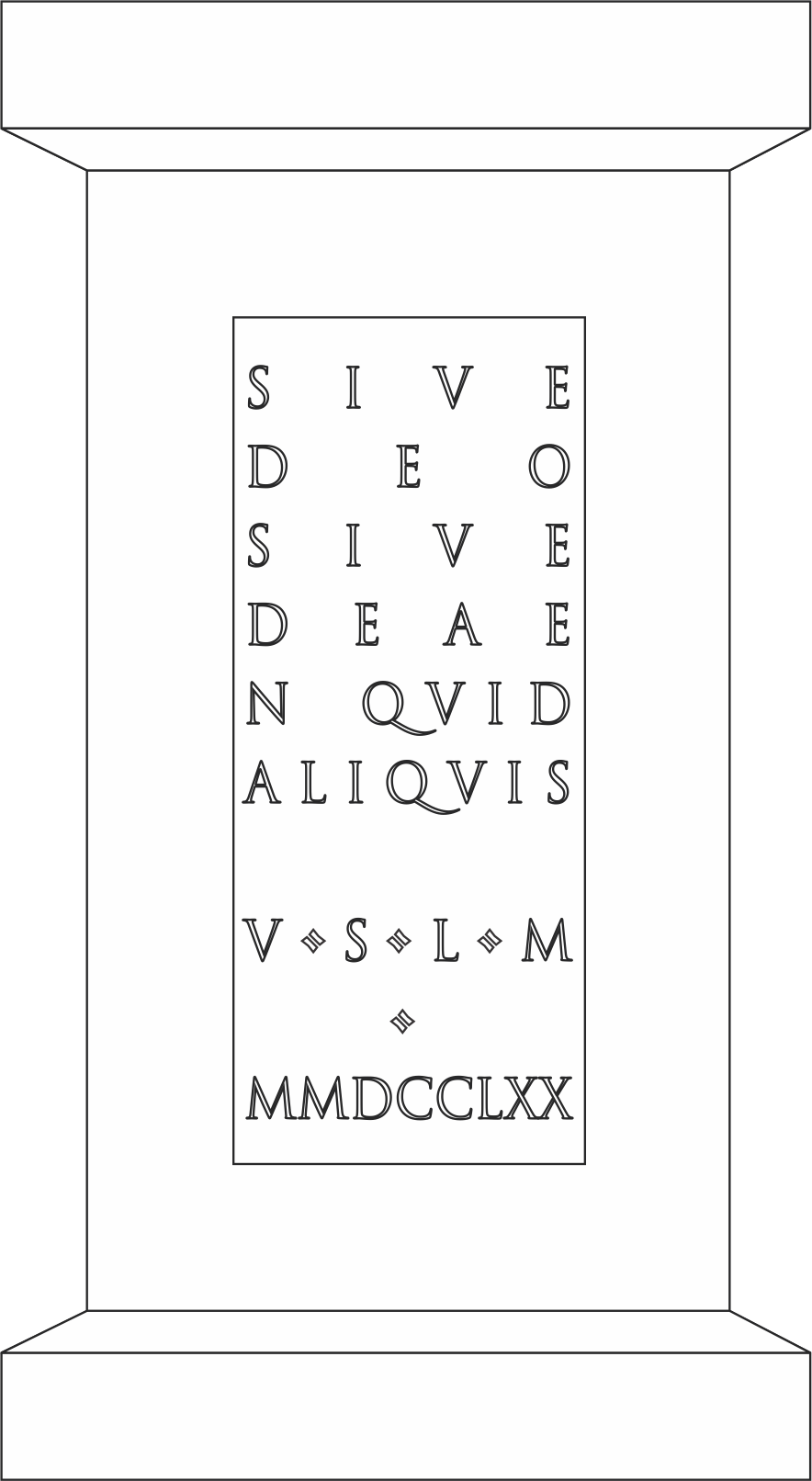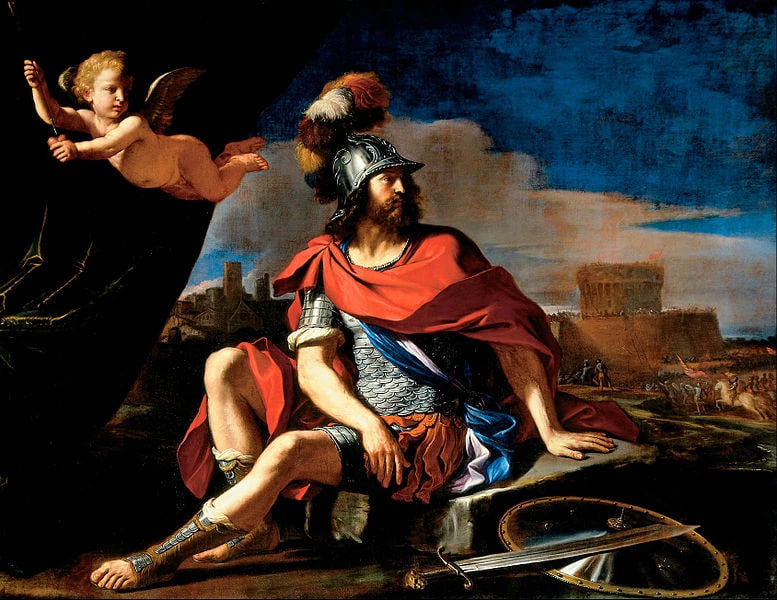
Mars, the Roman god of war, holds a central place in Roman religion and culture as a powerful deity embodying strength, courage, and martial prowess. As a protector of the Roman state and a guardian of its military endeavors, Mars is revered not only as a warrior but also as a figure who brings discipline, order, and victory in battle. His attributes include the spear and shield, and he is often depicted wearing armor, symbolizing his role as the ultimate defender of Rome.
In addition to his martial associations, Mars is linked to agriculture, reflecting his origins as an Italic deity connected to the fertility of the land. This duality highlights his importance in ensuring both military success and the sustenance of the community. Mars is also celebrated as the father of Romulus and Remus, the mythical founders of Rome, solidifying his role as a divine ancestor of the Roman people.
Worship of Mars is deeply integrated into Roman life through public festivals, rituals, and military ceremonies. Key observances include the Quinquatria and Equirria, where sacrifices and celebrations honor his influence over war and the changing seasons. The Salii, or “leaping priests,” perform ritual dances and hymns in his name, further emphasizing his sacred presence in Roman tradition. Today, Mars continues to be recognized as a symbol of strength, discipline, and protection, embodying ideals that resonate with those who honor him.
Why worship Mars
Mars, as the Roman god of war, represents strength, discipline, and the courage necessary to face life’s challenges. Worshiping Mars is not merely about honoring a deity of battle but embracing the ideals he embodies—valor, resilience, and the drive to overcome adversity. For many, Mars serves as a guide in cultivating inner fortitude and maintaining balance between action and restraint.
Mars is also celebrated as a protector, both of individuals and communities. In his role as a guardian of Rome and its people, he stands as a symbol of vigilance and the defense of one’s values and responsibilities. This protective aspect makes his worship meaningful to those seeking security, whether in physical, emotional, or spiritual realms.
Beyond his martial attributes, Mars has ancient ties to agriculture, emphasizing his role in sustaining and nurturing life. By honoring Mars, practitioners acknowledge the interconnectedness of conflict and creation, of effort and reward. His worship encourages individuals to channel their energy toward constructive goals, balancing power with purpose.
Worshiping Mars allows for reflection on personal and communal strength, the pursuit of justice, and the dedication to maintaining order and harmony. For those who honor him, Mars is not just a god of war but a beacon of resilience, leadership, and protection in both the struggles and triumphs of life.
COLLEGIVM ARAE MARTI
The Collegium Arae Marti is a modern organization dedicated to the worship and veneration of Mars, the Roman god of war, protection, and strength. Rooted in the traditions of ancient Roman religion, the Collegium seeks to preserve and adapt the timeless values Mars represents—courage, discipline, resilience, and leadership—for the contemporary world.
As a spiritual community, the Collegium Arae Marti provides a space for practitioners to engage in rituals, festivals, and educational activities honoring Mars. Members observe key events such as the Quinquatria and Equirria, adapting these historic celebrations to modern contexts while retaining their symbolic connection to Mars’ role as a protector and guide. Rituals often focus on invoking his strength, seeking his guidance in overcoming challenges, and fostering a sense of personal and communal responsibility.
